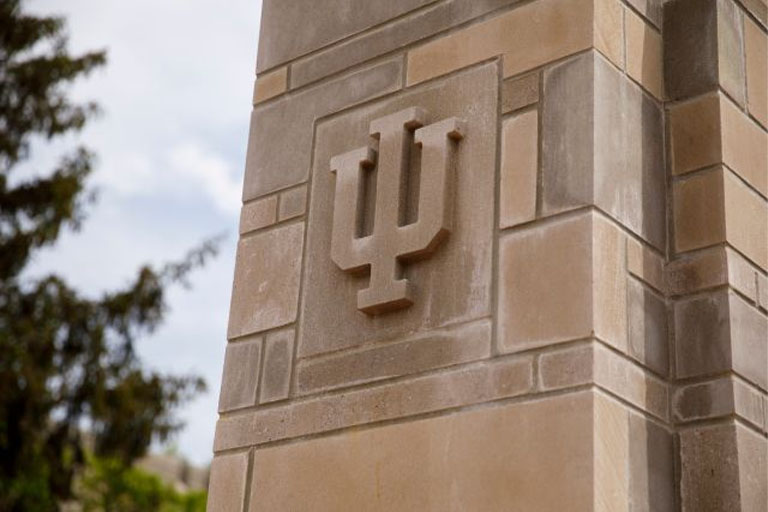During the fall 2020 semester, students from all IU campuses applied for funding through the Pandemic Health Disparities Fund—a $1 million fund primarily supporting students of color disproportionally affected by the COVID-19 pandemic. The PHDF closed after granting approximately $500,000 to students across the IU system. Proposals from IU Bloomington, IU Indianapolis, IU Kokomo, IU Northwest, and IU South Bend received the remaining funds through a grant designed to support campus mental health resources. Guided by the goals below, all applications received funding ranging from $65,000-$125,000:
- To protect the health and safety of all students served by the university.
- To support current pandemic-response efforts and broaden available support mechanisms for Black and Hispanic/Latina(o) students.
- To provide additional channels for students to pursue positive practices in mental and physical health.
“Different campuses have different initiatives,” Lemuel Watson, associate vice president for diversity, equity, and multicultural affairs, said. “Whether it was to start new initiatives or hire new staff members, it was very exciting to look at their campuses and see how they stayed true to their IU campus and the population it serves.”
Barbara Dahl, director of the office of counseling services at IUN, submitted one such proposal. “The process was relatively simple in terms of a grant application,” she said. “It was very user-friendly, and I appreciated that. But even if the process had been labor-intensive and time-consuming, I still would’ve applied.”
Dahl notes that the COVID-19 pandemic and the social unrest in June showcased inequalities in the country, such as physical and mental health care, and people of color often don’t seek mental health services. “The pandemic did not cause these inequalities, but the pandemic turned the flashlight on them,” Dahl said. Upon discovering the PHDF grant, she applied, intending to hire a staff member to provide outreach and support for underserved students.
“Our campus is in Gary, Indiana,” Dahl said. “So many of our students are from Lake, Porter, and LaPorte county. Students my office interacts with are 25-30% Latino and Black, and we need someone who can reach out to those underserved populations.”
Dahl is currently the only person of color in the counseling office and recognizes the factors that often prevent them and other underserved populations from seeking counseling. This new hire will work with specific groups who are victims of discrimination and those who might be wary of counseling. Dahl hopes to hire someone within the coming weeks and eventually have more staff who can speak to various experiences.
“We often find that in certain cultures, things are kept close to the vest,” Dahl said. “And that is sometimes a barrier. So it stands to reason that having someone to unpack those stresses and have someone with the ability and experience was a very attractive part of applying for this grant.” She went on to say, “What they need is someone qualified. Someone who also uniquely understands what they have gone through and their experience. It makes all the difference.”


